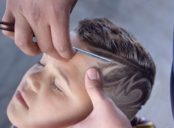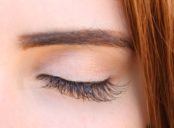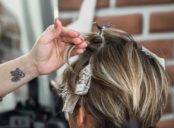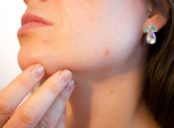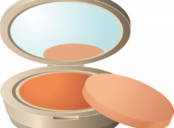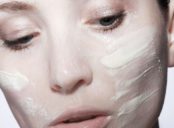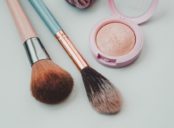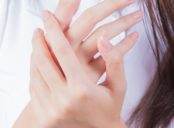Microneedling Serum – The Ultimate Guide for Food Enthusiasts

Introduction:
Microneedling serum has gained significant popularity in recent years due to its powerful skin-rejuvenating properties. This article will provide you with a comprehensive overview of microneedling serum, including its types, popularity, quantitative measurements, differences between different serums, and a historical analysis of its pros and cons. Whether you are a skincare aficionado or simply curious about the latest trends in skincare, this article will provide you with all the information you need.
What is Microneedling Serum?

Microneedling serum is a skincare product that is specifically designed to be used in conjunction with microneedling procedures. Microneedling, also known as collagen induction therapy, involves using a tool with tiny needles to create micro-injuries in the skin, stimulating collagen production and enhancing the absorption of skincare products. Microneedling serums are formulated with potent ingredients that target specific skin concerns, such as anti-aging, brightening, and hydration.
Types of Microneedling Serum:
There is a wide range of microneedling serums available on the market, each catering to different skin concerns. Popular types include:
1. Anti-aging serums: These serums are infused with ingredients like retinol and peptides, which stimulate collagen production and reduce the appearance of fine lines and wrinkles.
2. Brightening serums: Formulated with ingredients like vitamin C and niacinamide, these serums help even out skin tone and fade dark spots.
3. Hydrating serums: Packed with hyaluronic acid and ceramides, these serums provide intense hydration and restore the skin’s moisture barrier.
4. Acne-fighting serums: These serums contain ingredients like salicylic acid and tea tree oil, which help combat acne and regulate sebum production.
Quantitative Measurements of Microneedling Serum:
Measuring the effectiveness of microneedling serum can be challenging, as it depends on individual skin type and concerns. However, certain quantitative measurements can be considered, such as:
1. Clinical studies: Look for serums that have undergone rigorous clinical testing and have proven results in improving specific skin concerns.
2. Customer reviews: Read through online reviews from real customers to gauge their experiences with different microneedling serums.
3. Ingredient concentrations: Higher concentrations of active ingredients in the serum may indicate its potency and potential efficacy.
Differences between Microneedling Serums:
Microneedling serums can vary in formulation, ingredients, and targeted benefits. Here are a few key factors that differentiate one serum from another:
1. Active ingredients: Each serum may contain different active ingredients targeting specific skin concerns.
2. Concentration levels: Some serums may have higher concentrations of certain key ingredients, potentially increasing their effectiveness.
3. Additional beneficial ingredients: Some serums may include additional ingredients like antioxidants or soothing agents to enhance overall skin health.
A Historical Analysis of Microneedling Serum:
Microneedling has been practiced for centuries, but the concept of using serums specifically formulated for microneedling gained attention in recent decades. Initially, microneedling treatments were primarily done in dermatology clinics. However, advancements in technology have made at-home microneedling devices and serums popular among skincare enthusiasts. While microneedling serums offer numerous benefits, there are also potential risks and side effects associated with the procedure. It is essential to consult a skincare professional before incorporating microneedling into your skincare routine.
Conclusion:
Microneedling serum has revolutionized the way we approach skincare, offering targeted solutions for various skin concerns. Whether you are seeking anti-aging benefits, brightening effects, or hydration, there is a microneedling serum available for you. However, it is crucial to choose a serum that suits your skin type and concerns, and consult with a skincare professional if you have any doubts or queries. Stay informed, stay beautiful!

